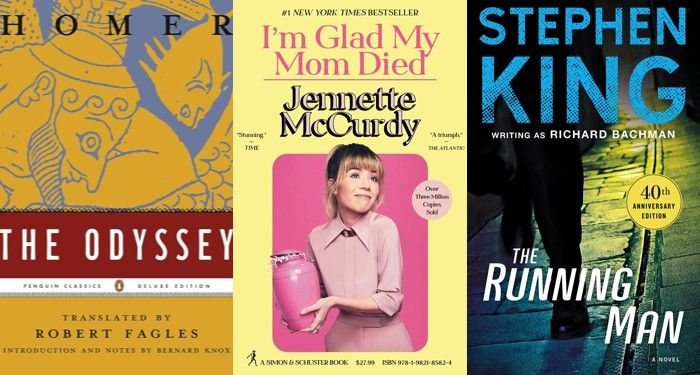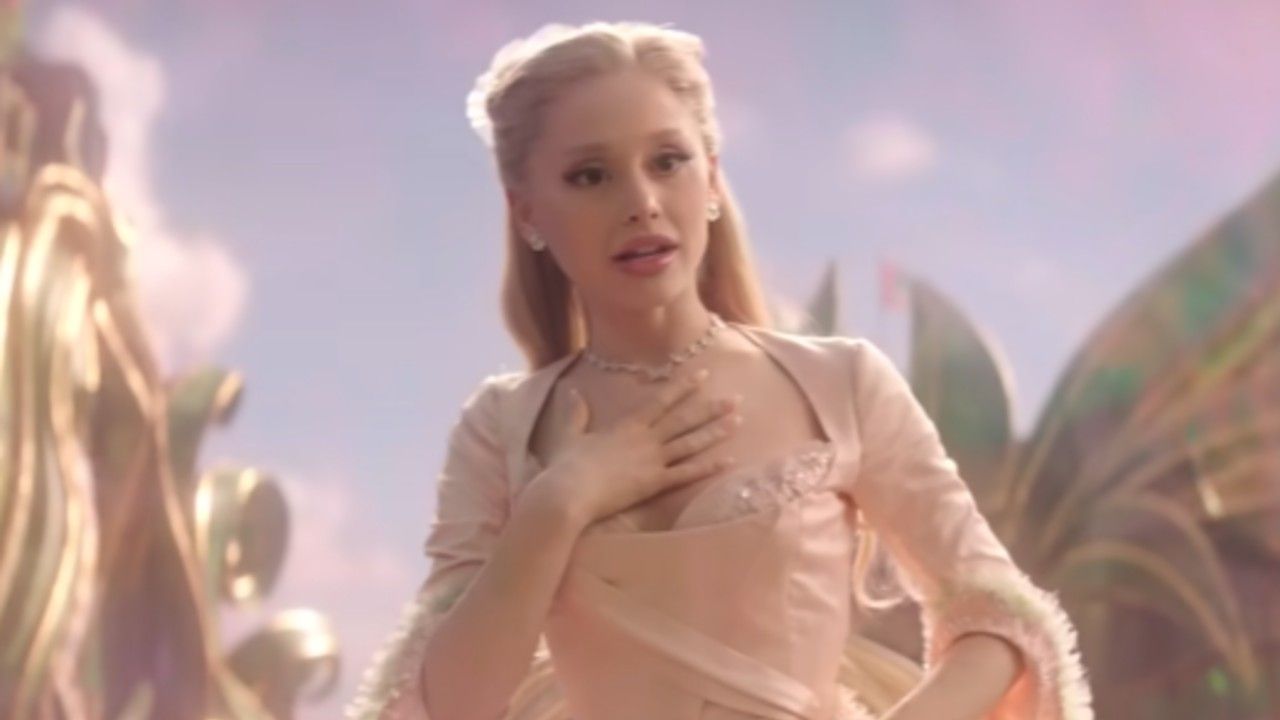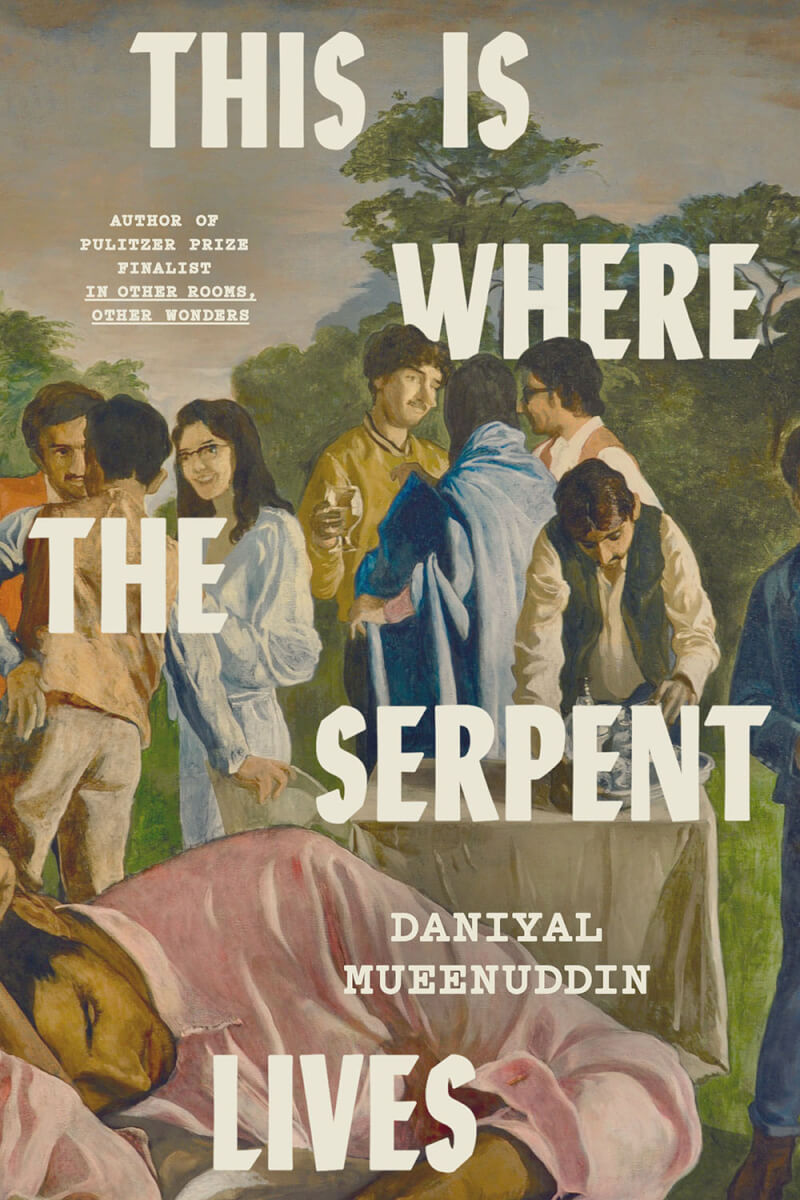The category of young adult literature is 55 years old, and since its “official” beginning with The Outsiders in 1967, it has not only grown in popularity, its reputation as a body of thought-provoking literature has, too. This is due to too many factors to name, but it is a welcome shift in perspective both for the books and for the young people for whom the books are aimed. And indeed, as YA continues to be taken more seriously as a form of literature, it has found its way onto more college and university syllabi for study. But what are the most read YA books in college and university classes?
YA books can be found in all departments of study throughout the higher education sphere. In many cases, there are YA lit classes in English departments, creative writing departments, education departments, library studies departments, and even in some less literature-forward departments, such as biology, politics, and history. Because YA is vast, this should come as little surprise — a good book is studied for a host of reasons. The topic could be best explores in the category, the book has or might have some canonical merit, it might be a book so widely known in the broader culture that a closer exploration of it at the collegiate level is worthwhile, or it could be as straightforward as it is a book the professor finds interesting or compelling, so they’re elected to use it as a tool in the classroom.
Utilizing the thousands of syllabi made available through Open Syllabus, find below the most read YA books in college and university classes. I’ve compiled these in descending order, starting with the most common and those which might be less common.
It is fascinating to look at the titles here. They offer a picture of both current YA, classics of the category, and some titles that might seem lesser-known but have become worthwhile tools for scholarship. Perhaps most surprising is that despite how YA continues to need to diversify in order to better represent the world as it is, the titles used in college classrooms are not exclusively by white authors. This list does include at least one author whose reputation has been sullied due to sexual misconduct allegations; this begs the question, of course, where and how creative work can — or cannot — be separated from the artist.
Women authors, however, continue to fall either below or, generously, at parity with their male counterparts, despite the category of YA being built on the backs of those very women authors.
There are no authors who identify outside the binary.
Equally interesting is considering this look at works important enough to be studied in higher education in light of the rise in book bans. It should be of little surprise that there are many titles here that fall in the center of the Venn Diagram of “worthy of study” and “worthy of banning.” They are, of course, books by and about people of color and/or queer people.
The most read YA books in colleges and universities also offer a real cross section of the category as a whole. Surprisingly few of the books are straightforward in their narrative structure. Among the titles below are those told through vignettes or verse, through comics or memoir, and those which have seen widespread cultural popularity (and, in some cases, cultural disdain because of their association with women and girls, a population most often mocked and derided for their interests and passions). How many of these books are considered YA classics and how many should be? What defines classic and why do some titles which earn that distinction seem to be forgotten about or overlooked by those who enjoy YA? How many of these titles are the defining work for their authors and how many of these books would make excellent starting points for those new to YA?
There are no answers, of course, and even for students studying these books, the classroom discourse, the research work, and the insights gleaned will change over and over again.
And that is, perhaps, what makes literature of and for adolescents so worthy of collegiate-level scholarship.
The Most Read YA Books in College and University Classes
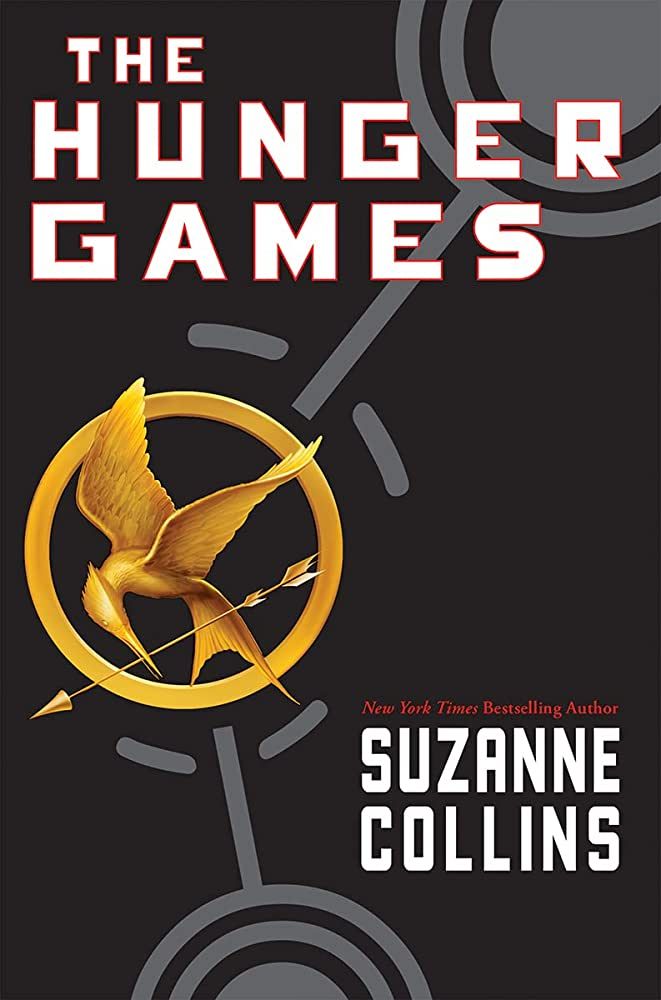
The Hunger Games by Suzanne Collins
One of the tricky things about this particular look at books is that different editions are used across different institutions. But regardless of which ISBN or package is preferred, Collins’s dysoptian classic — a mega franchise beyond its print edition — is the top YA book studied in higher education. It appears on at least 1,129 syllabi.
The Absolutely True Diary of a Part-Time Indian by Sherman Alexie
With 1,095 syllabi appearances, Alexie’s book falls as the second most commonly assigned YA book. As noted above, Alexie’s reputation has changed in the wake of #MeToo but his book’s format, his exploration of Native life as a teen boy, and his literary merit — this book is highly decorated — are likely why this remains popular.
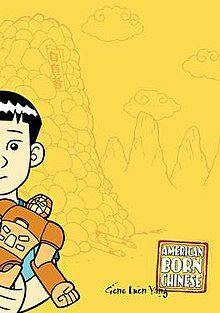
American Born Chinese by Gene Luen Yang
Chances are with the new adaptation of this graphic novel, we’ll begin to see it pop up on even more than the 650 syllabi where it already lives.
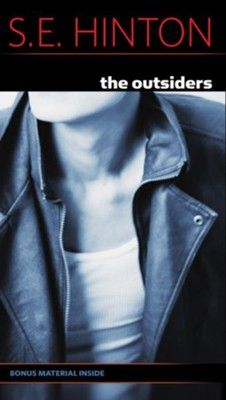
The Outsiders by S.E. Hinton
The mother of YA and the first “official” YA book to be designated as such lands at the fourth most common spot, with 485 syllabi appearances.
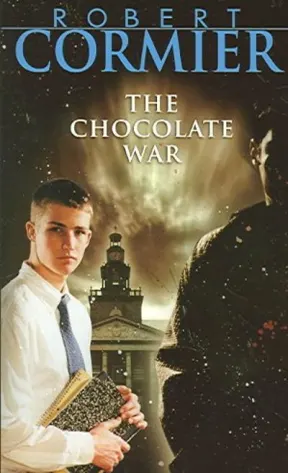
The Chocolate War by Robert Cormier
One of the darkest works of YA and a classic all the same, this story of teen bullying is on 324 college and university syllabi.
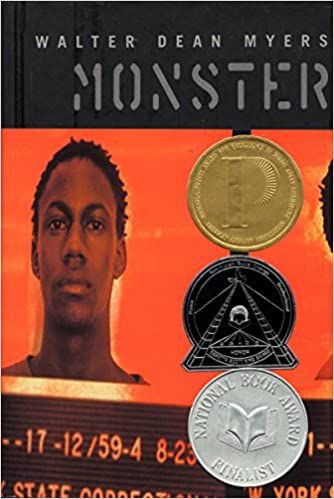
Monster by Walter Dean Myers
Not only is it good to see Myers’s work is not forgotten or overlooked, but this particular title is one that easily lends itself to the YA canon. It’s in an interesting format, and it’s the story of our (still corrupt and broken) juvenile justice system. It lands on 284 syllabi.
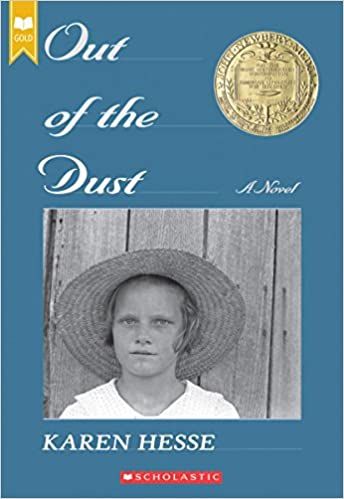
Out of the Dust by Karen Hesse
This verse novel tells the story of a 14-year-old girl growing up in Oklahoma during the great dustbowl. It’s a Newbery Award winner, so that and its historical heft make it little surprise for a solid course text. Moreover, this book is one that could fuel some very interesting debate over categories in literature —when people think Newberry, they think middle grade or younger, but the main character in this book is 14, so what, if anything, does that mean?
It’s on 280 syllabi.
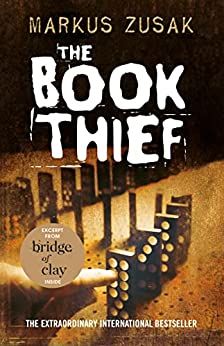
The Book Thief by Marcus Zusak
This Holocaust book, narrated by Death, is on 260 syllabi. Zusak’s book is definitely one that lends itself to a lot of discussion; the book was not published for young adult readers in his native Australia but for adults. When the book was published in the U.S., it landed on the YA side.
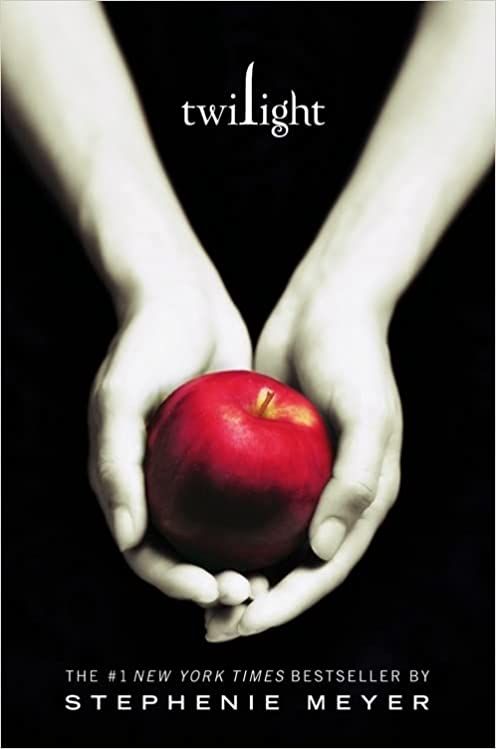
Twilight by Stephenie Meyer
Yep, you read that right. The category-changing seismic book series has its first title among the most assigned YA books in colleges and universities. It’s on 244 syllabi, and without doubt, this one has some very heated conversations.
Over the last few years, those who did not grow up in the midst of the fervor of the book’s release — and subsequent shaming specifically of girls and women for loving these books — have been reclaiming the title. But those of us who were there remember, and it is very likely the instructors assigning the book do, too.
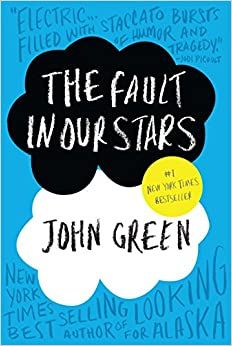
The Fault In Our Stars by John Green
A couple of things are surprising about this particular entry. First, it’s not more commonly assigned, and second, that of all Green’s work, this is the one that landed highest. Looking For Alaska, his debut, would have been less surprising. Alas, you can get your tissues when you’re reading this as part of one of the 240 syllabi on which it sits.
Those are the top 10 YA books assigned on college and university syllabi. If you’re curious, their average publication date is 1998 — older than the oldest typical undergraduate students enrolled in those very courses (“average” college seniors in 2023 were born in 2002). There are obviously newer titles here, but even “newer” is a relative term.
More than 10 YA books are assigned in colleges and universities. But the numbers do drop off pretty steeply, which makes sense. There are so many book options. Here are the next most popularly assigned YA books in higher education:
- brown girl dreaming by Jacqueline Woodson, 216 syllabi (you could argue this is more middle grade, but like Out of the Dust, there’s a compelling argument to be made for including it on a YA list, too).
- The Perks of Being a Wallflower by Stephen Chbosky, 201 syllabi
- His Dark Materials by Philip Pullman, 188 syllabi.
- Speak by Laurie Halse Anderson, 183 syllabi
- Feed by MT Anderson, 153 syllabi
- The Hate U Give by Angie Thomas, 144 syllabi
- Forever . . . by Judy Blume, 139 syllabi
- Weetzie Bat by Francesca Lia Block, 135 syllabi
- Sold by Patricia McCormick, 134 syllabi
- Parrot in the Oven, Mi Vida by Victor Martinez, 128 syllabi
- Between Shades of Gray by Ruta Sepetys, 113 syllabi
- Briar Rose by Jane Yolen, 111 syllabi
Curious about non-YA on college syllabi? Dive into the most common fiction and nonfiction titles on college and university reading lists from the 1980s, 1990s, and 2000s.

